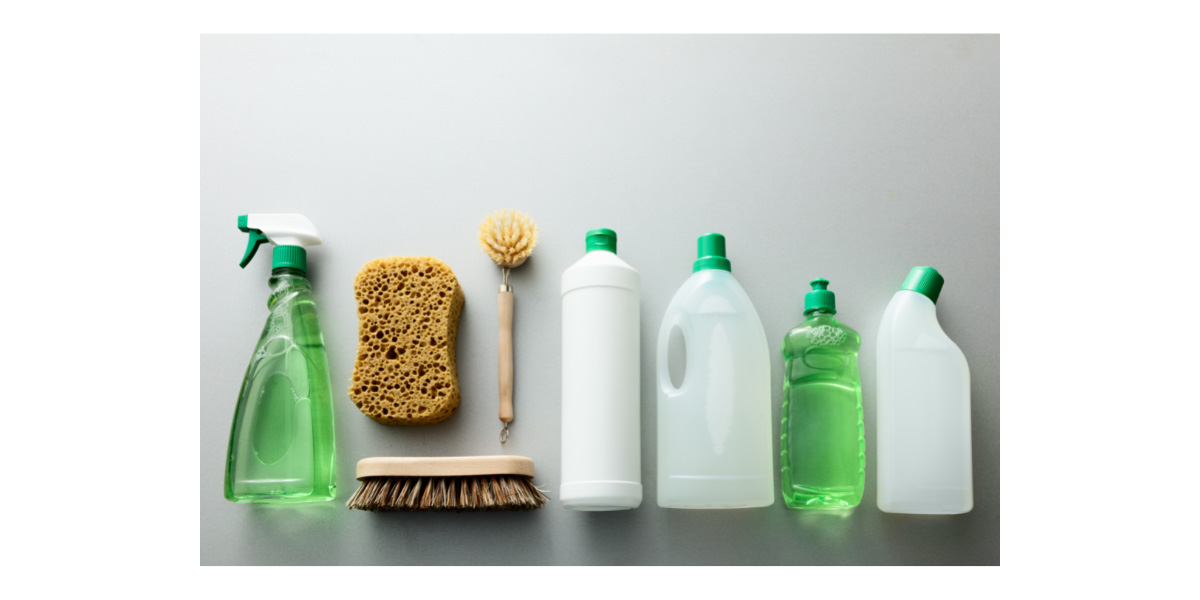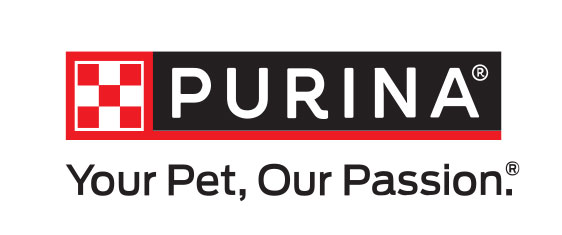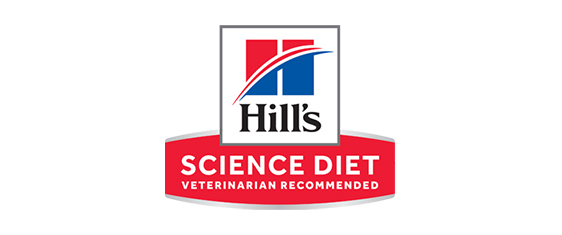Your Pets & Using Disinfectants During COVID-19
Doctor of Veterinary Medicine

While efforts are made to answer all questions as quickly as possible, if an immediate answer is required or if your pet is in need of urgent or emergency care, contact your pet's veterinarian immediately.
Doctor of Veterinary Medicine

You will receive an answer from Dr. Lindsay and our vet/tech team as soon as possible, usually the same day.
All answers are provided for informational or educational purposes only, and are intended to be a supplement to, and not a substitute for, the expertise and professional judgment of your pet's veterinarian.
It may be necessary to consult your pet's veterinarian regarding the applicability of any opinions or recommendations with respect to your pet's symptoms or medical condition.
CloseDoctor of Veterinary Medicine

An error has occurred, please reload the page and try again.
CloseWhile efforts are made to answer all questions as quickly as possible, if an immediate answer is required or if your pet is in need of urgent or emergency care, contact your pet's veterinarian immediately.
There is no answer related to your question

To protect your family against COVID-19, you may have changed the way you clean surfaces in your home.
Disinfectants and other cleaning products are powerful against viruses, but they can also be harmful to your four-legged family members.
Here's what you should know about choosing effective products that are safe for pets, and how to use them safely.
Which Disinfectants Are Harmful To Pets? Which Are Safe?
When shopping for cleaners to combat COVID-19, make sure they're actually effective. EPA.org has compiled a list of over 300 cleaning products that are approved for the use of protection against COVID-19.
At this time, natural cleaners like Method, Koh, Honest, and Seventh Generation are not on the list. Homemade concoctions made with ingredients like vinegar, lemon juice, and essential oils are ineffective at best, and at worst, can actually be just as toxic to pets as chemical cleaners.
Bleach can be corrosive to skin, for example, if your cat walks across your kitchen counter while it's still damp after you've wiped it down with diluted bleach solution. It's also harmful if ingested, and the harsh fumes can irritate your pet's eyes and respiratory tract. Use diluted bleach in a well-ventilated area and allow it to dry completely before letting your pets have access to freshly cleaned surfaces.
Hydrogen peroxide (3%) is also effective against coronavirus. Use at full strength. It's also milder than bleach and generally safe to use around animals, but, similarly, it should be used in a well-ventilated area and allowed to dry completely.
Lysol and Pinesol both contain phenols, a chemical compound that can cause respiratory damage and liver failure in animals. Cats are especially sensitive to it. Phenols are also present in some essential oils. Avoid using products that contain phenols around animals. If you must use products containing phenols on surfaces your pets can access, you can rinse and dry the surface before allowing your pet near it.
Is Hand Sanitizer Toxic To Pets?
There has been a rumor going around that hand sanitizer contains ethylene glycol, a highly toxic chemical found in antifreeze. This is not true.
Most hand sanitizers are alcohol based. They usually contain either isopropanol or ethanol, the same form of alcohol found in alcoholic beverages. Both types of alcohol are relatively harmless if your pet were to consume the small amount you would use to sanitize your hands.
Even so, it makes sense to let your hands dry before touching your pets, and to keep the bottle out of reach. If your pet drinks hand sanitizer, contact your vet or the ASPCA National Animal Poison Control Center at 1-800-548-2423.
Best Cleaning Practices For Pet Parents
One of the primary ways pets ingest cleaning products is by walking across the wet floor after you mop, then licking their paws immediately afterwards. You can use baby gates, crates, and other barriers to keep your pets away from a freshly mopped floor until it dries. Ventilate the area by opening windows and turning on fans so your pets will not inhale cleaning vapors as the product evaporates.
Make sure all cleaning products are locked away out of reach, especially if you have a new puppy or kitten, or if your pet is prone to mischief. You can use child proof safety locks on your cabinets, or even just secure them with a rubber band to keep your pet from getting into your supplies.
Always check the product label for warnings and instructions for use around pets. If you're not sure, or you suspect your pet may have been exposed to something toxic, call your veterinarian or the ASPCA National Animal Poison Control Center at 1-800-548-2423.
 Swipe
Swipe



















